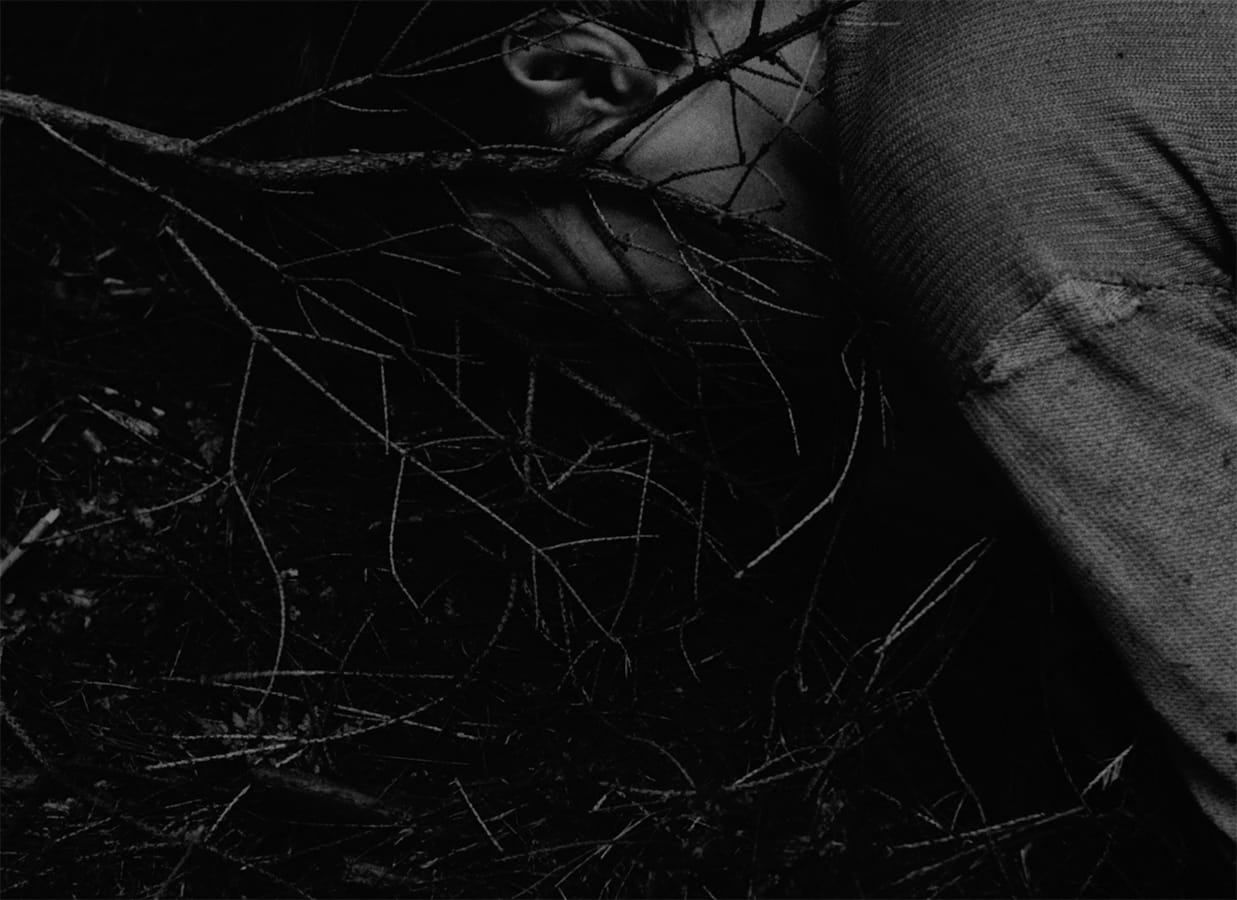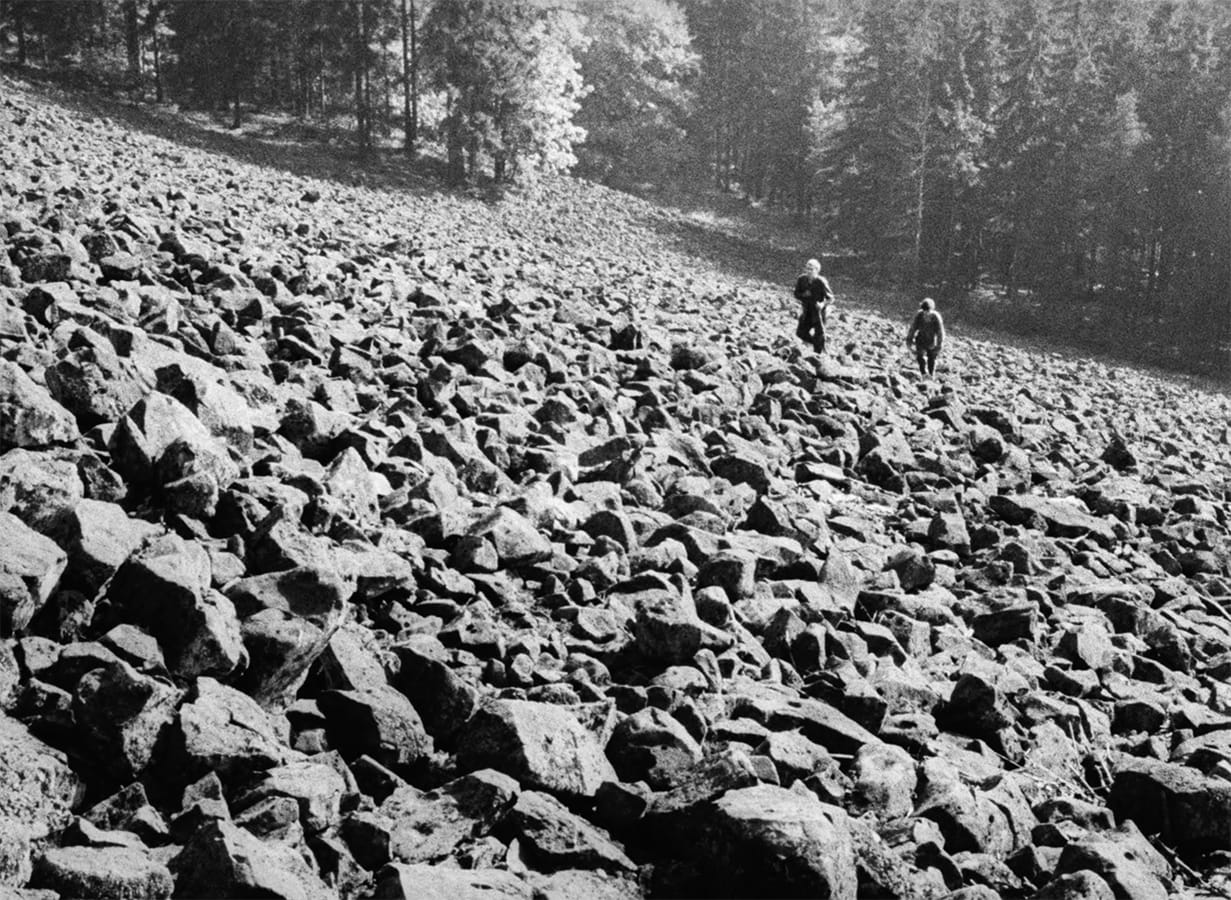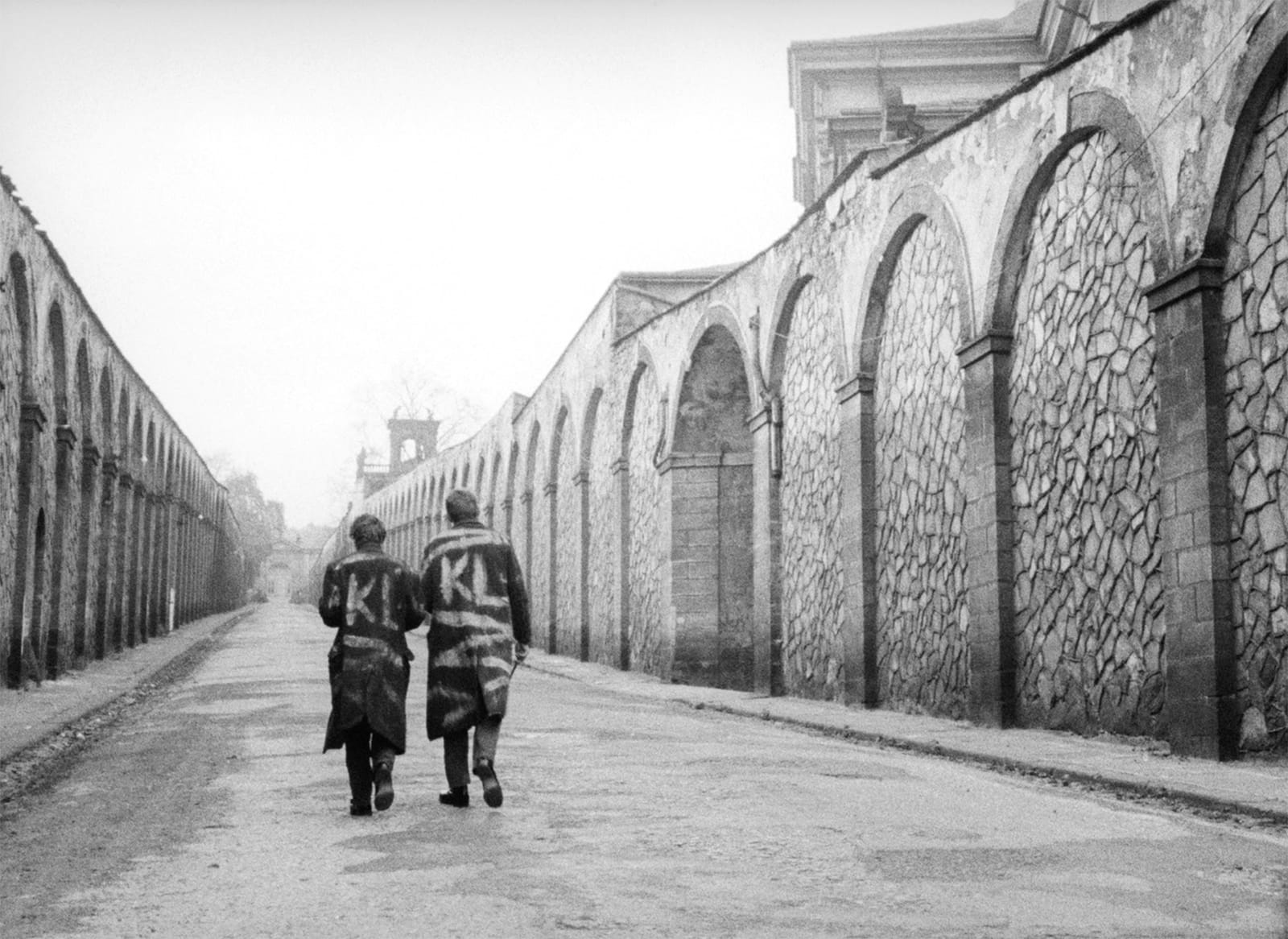Diamonds of the Night: Into the Woods
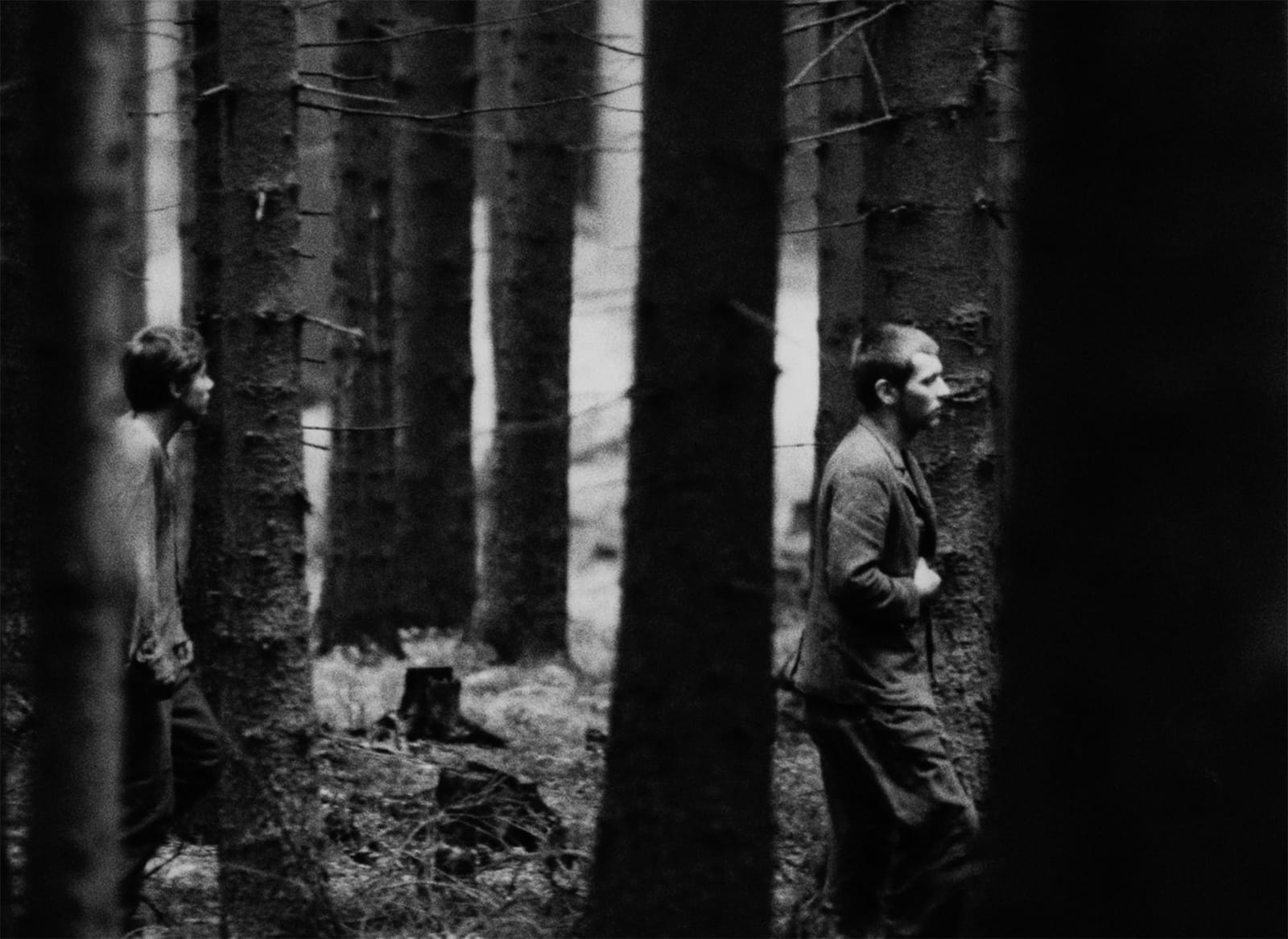
Most proper New Waves of the 1960s came equipped with a rough balance of assimilable superstars and genuine radicals, and for the Czechoslovaks, the guerrilla flank was led by Jan Němec. Jiří Menzel was adored globally for his wry humor, Miloš Forman and Ivan Passer were invited to Hollywood, Ján Kadár and Elmar Klos were awarded an Oscar, Věra Chytilová and Jaromil Jireš were (eventually) cultified. But Němec—the movement’s bitterest aesthete, the renegade dispositionally unable to accommodate compromise, authority, or orthodoxy—still awaits the culture’s full-on embrace. It was Němec who gave the Czechoslovak New Wave its measure of postmodern rage and its primary jolt of formal risk, and he paid the price for it—four years and a handful of films after the release of his first feature, Diamonds of the Night, in 1964, he was blacklisted, and he soon went into exile, not to return to his homeland and resume his career proper until the Communist regime fell at the end of the eighties.
Hardly enough critical contemplation has been devoted to the question of to what degree the suppressive pressures of life under Communism may have shaped the distinctiveness of the Eastern European New Waves—or, for that matter, to the come-hell-or-high-water way those movements exuded the élan and variegated inventiveness they had inherited from the French New Wave, regardless of sociopolitical circumstances. (The current debate is about whether there was a Polish New Wave at all.) In any case, among the rising voices of the sixties, the Czechoslovaks were particularly unruly, and often attuned to pagan folkloric tendencies, open to avant-garde-ish detours, and outraged by the era’s rampaging conformism. Němec would probably have come out shooting wherever he emerged, and even in the context of New Wave–ism, Diamonds of the Night is a shoulder rocket of a film, bristling with disorientation and howling with ambiguous subjectivity.
Films weren’t made this way anywhere: Diamonds of the Night is lean like a nightmare, frantic like personal panic, unreliable as delirium. Filmmaking, in other words, that seeks to become an internal vision of traumatized experience. Look at a map of those years and you’ll find that only a couple of Soviet miracles—Mikhail Kalatozov’s catapulting dream tapestry I Am Cuba and Sergei Parajanov’s lysergic folktale Shadows of Forgotten Ancestors, both of which premiered within a few months of Němec’s debut—sought to subjectivize themselves to the same extent, if in severely different ways. John Cassavetes, and the manner in which he had made Shadows five years earlier—handheld, impressionistic, in a hurry, haphazardly invoking offscreen space, concrete narrative context be damned—may actually be the closest correspondent, though he was hardly as interested as Němec in salting gritty naturalism with a quantum uncertainty.
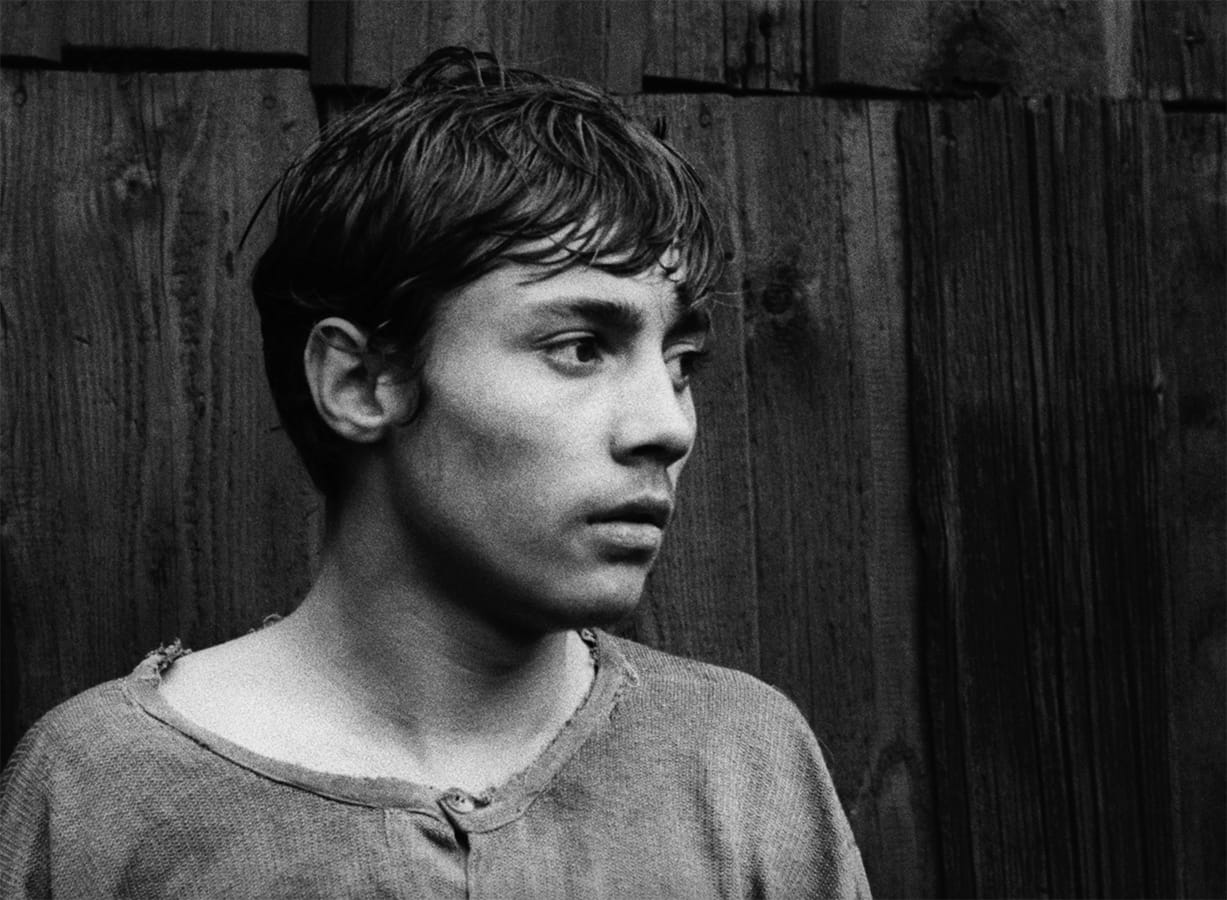
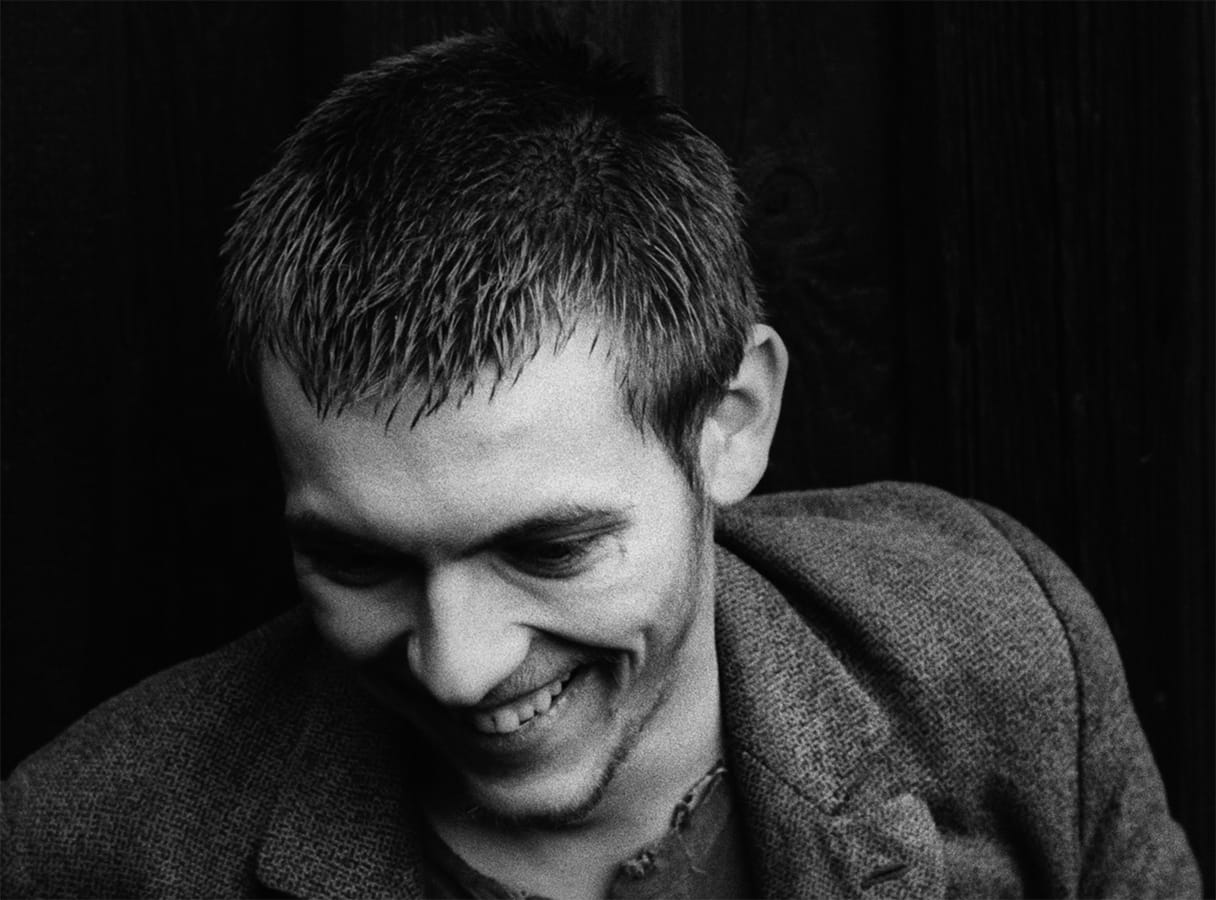
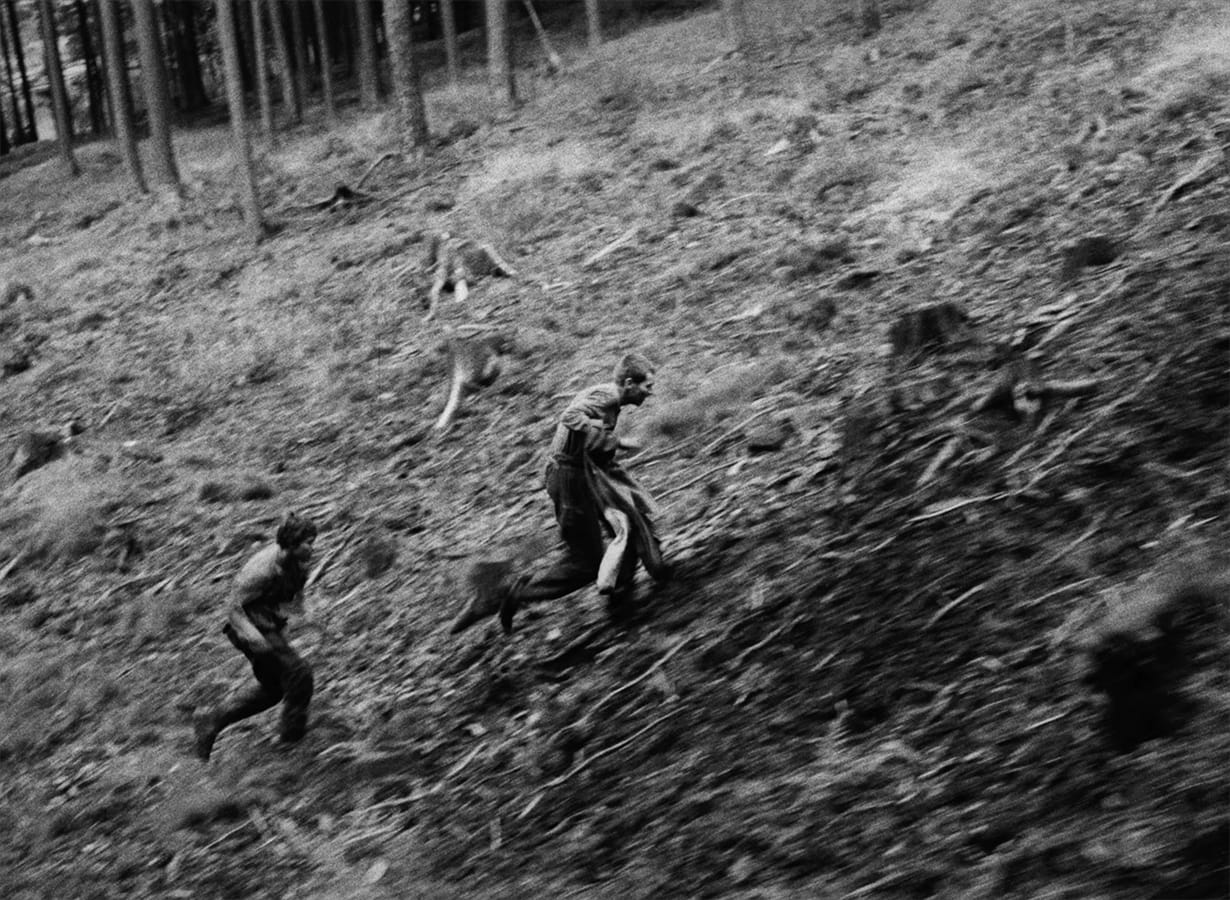
“There’s something fundamentally cinematic here, in how the situation and action are so gruelingly specific that they attain an abstracted resonance, an ur-ness.”
